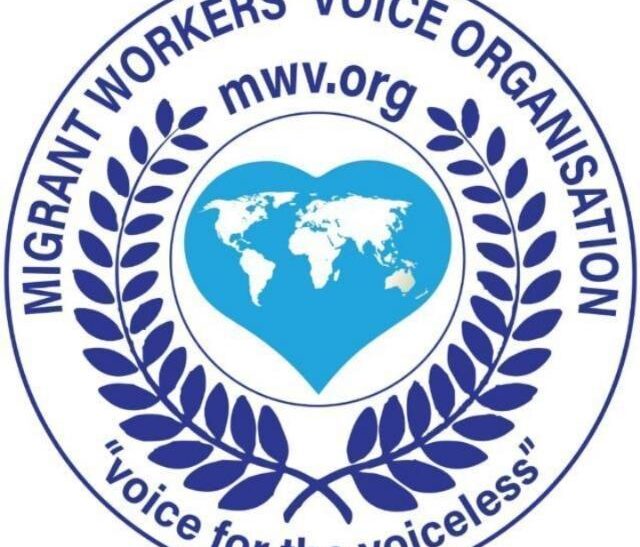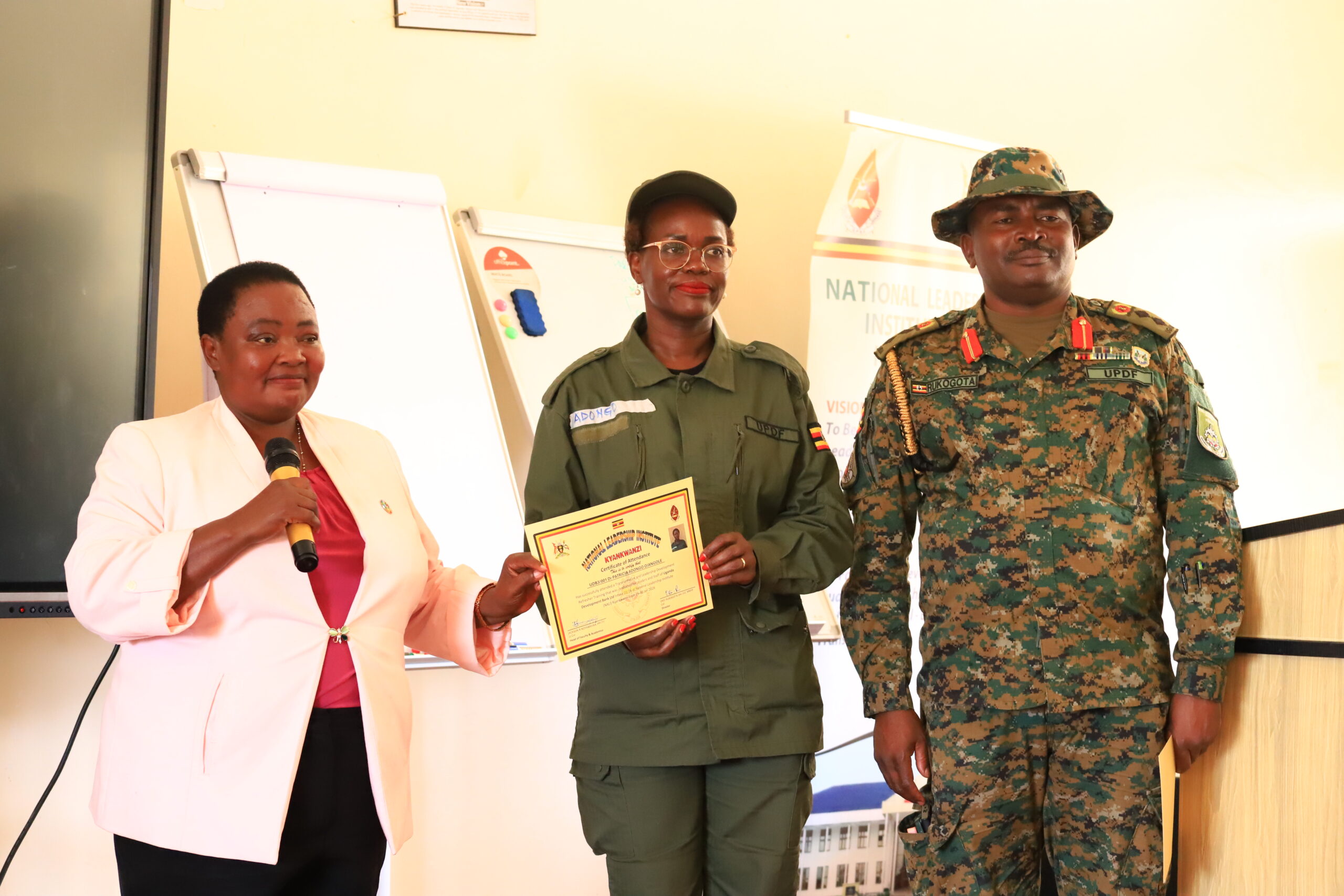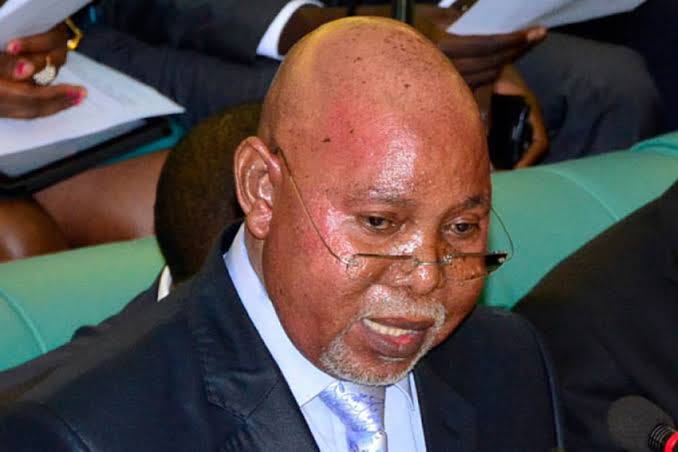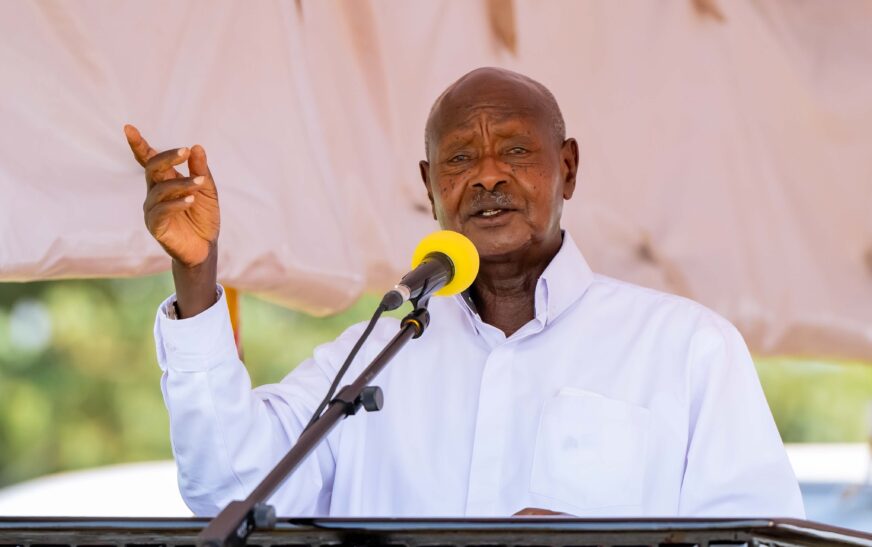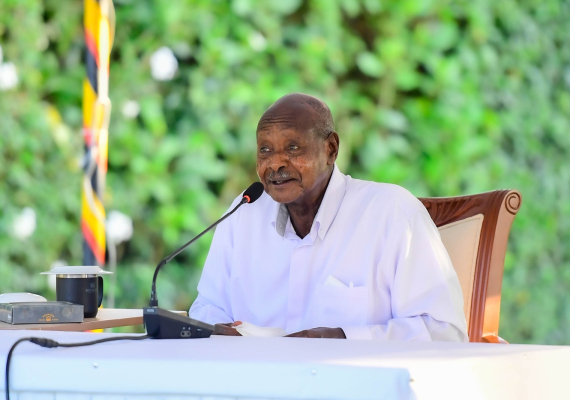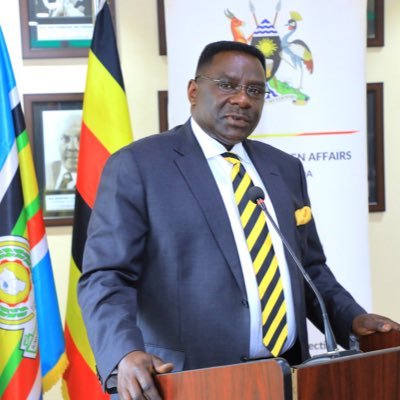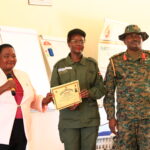By Migrant Workers’ Voice Organisation
Uganda’s migrant worker sector is in crisis—a crisis deepened by policy failures, systemic neglect, and the exclusion of migrant voices. While the Ministry of Gender, Labour and Social Development continues to announce new databases, support centers, and welfare schemes, the reality for thousands of Ugandan migrant workers abroad remains grim. Instead of protection, many face exploitation, abuse, and trafficking. These initiatives, though well-intentioned on paper, often fail to tackle the root causes of vulnerability—and in some cases, they reinforce them.
Take, for instance, the much-publicized migrant worker database and complaint centers. Despite these efforts, countless workers remain untraceable, especially those who leave through unofficial routes or overstay their contracts. Welfare programs, insurance schemes, and digital apps have frequently collapsed due to poor design and lack of input from migrant workers themselves. The recent launch of the Migrant Workers Support Center is a case in point: while a step in the right direction, it was rolled out without consultation with migrant-led organizations, repeating the government’s pattern of top-down decision-making.
Even more troubling, this system has allowed trafficking and exploitation to flourish. Frustrated returnees—left without proper reintegration support—often become informal recruiters, sometimes unknowingly pushing others into the same dangerous paths they escaped. Illegal recruitment continues to thrive, enabled by porous borders and lax oversight. Many Ugandans are still trafficked to countries where Uganda has no labor agreements, leaving them completely unprotected.
To break this cycle, the government must chart a new course—one grounded in accountability, inclusion, and human dignity. First and foremost, migrant worker leadership groups—such as the Federation of Ugandan Migrant Workers Associations—must be recognized and included as equal partners in shaping migration policy. Every shilling collected in the name of migrant welfare must be transparent and traceable. Workers must have representation on all relevant oversight bodies and committees. Uganda should adopt a tripartite governance model that brings government, employers, and workers to the table with equal voice and responsibility.
Equally important are robust reintegration programs that go beyond rhetoric. Returnees need skills training, psychosocial support, and pathways to sustainable livelihoods to help them rebuild their lives—and reduce the demand for informal, unregulated migration networks. Combating trafficking also requires stronger legal protections, meaningful enforcement, and collaboration with civil society and migrant-led organizations.
Ugandan migrant workers are not just economic contributors—they are human beings whose rights and dignity must be upheld. The government’s performative reforms have failed to bring about real change. It’s time to listen, to act, and to rebuild a system that serves, protects, and empowers. Only then can Uganda create a safer, more just future for its citizens abroad.

